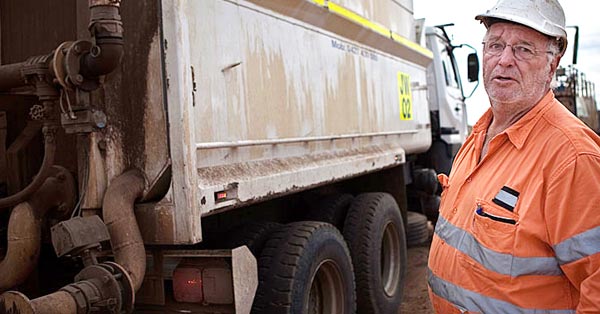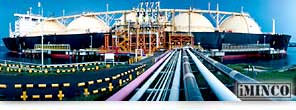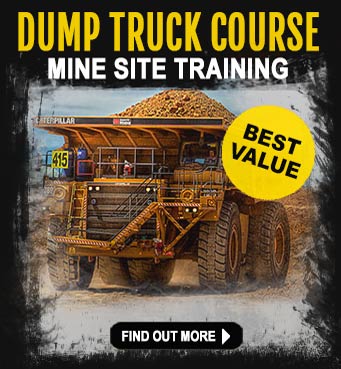
If you're thinking of applying for this job, make sure your resume is up-to-date and includes at least some of the keywords contained within the advert.Click Here to download our Expert Mining Resume Guide and create the best version of your mining resume.
Only applicants with real skills should apply. When sending in your application for the job, be sure to highlight the skills you have which are relevant.Safety is a high priority in this industry. This job requires you to have a heightened sense of awareness and also appreciate the importance of safety in the workplace.
See more jobs in the Job Information category.
 The major commodities of liquefied natural gas and coal seam gas, coal and iron ore are still being explored and new projects are always in the pipeline as new deposits are discovered and mines are brought to the operational phase.
The major commodities of liquefied natural gas and coal seam gas, coal and iron ore are still being explored and new projects are always in the pipeline as new deposits are discovered and mines are brought to the operational phase.
Whilst the operational mining job numbers are significant, the immediate impact will be felt in the construction space with many thousands of skilled and unskilled workers required.
There are presently some 456 projects in the Australian resource sector across all States which are in the construction pipeline with 272 of those committed and/or already under construction.
When exploration comes to an end and large-scale extraction starts, there will be increased demand for skills in the minerals and energy sectors, which are set to continue expanding.
What jobs relate to minerals and energy extraction?
Talk about work in the mining industry and the image that is likely come to mind is that of workers wearing helmets and spending their day in some deep dark tunnel excavating, to emerge after eight hours covered in dirt, grime, and sweat. These days, mining is a far cry from this.
Careers in mining can be divided into several broad areas. They include management, applied and natural sciences, health, safety, service and sales, extractive industries, processing and manufacturing, and transport, trade, and equipment operators.
The mining and resource industry offers more than 120 careers, both professional and trade. A professional pathway can lead to employment in job roles such as;
- accountant
- chemical engineer
- civil/structural engineer
- community relation officer
- electrical engineer
- electronics and instruments engineer; and
- environmental engineer
Others areas for a career are;
- geological engineer
- geoscientist
- health and safety officer
- human resources officer
- legal officer
- mechanical engineer
- metallurgy engineer
- mining engineer
- process engineer; and
- surveyor
A trade pathway can lead to jobs such as
- caterer
- electrician
- machinist
- fitter
- diesel and plant mechanic
- metal fabricator
- driller
- or equipment operator.
You can also work as a field assistant, laboratory assistant, labourer, miner, or truck driver.
Many trade courses leading to these mining careers are available. Indeed, there are many trades for people who are unemployed, underemployed or have completed an apprenticeship outside of mining.
However, to apply these in the mining field often requires up-skilling. This means taking a short course to relate them to the mining industry.
Most people working in the global mining industry did not choose mining as a career. They were civil or mechanical engineers, lawyers, accountants, electricians, or mechanics. What many people found was that careers in mining allowed them to make a lot more money. There are other benefits as well, including education leading to up-skilling, medical schemes, and favourable working conditions.
As a high school student, you do not need to make an upfront decision that you want to go into the mining and energy industry. You need to be aware of all the different careers that are involved in these industries and how you can get into them.
For example, by having a broad engineering degree, it means that you can get work in the mining industry should you wish to. Later if you decide to leave the mining and resource industry, you will have a qualification that will set you in good stead when you decide to go for other jobs in a different industry or sector.
At the same time, if you already hold, say, a Bachelors degree in civil engineering, there are conversion programmes that you can enrol in and they will enable you to get a Masters in mining engineering.
If you are one of those people who realise continued education is the way forward and start to enrol in various courses early, you’ll find there will be a lot of opportunities in the future and in most cases you will be very highly paid and have the opportunity to travel the world.
Information for New Starters in the industry
Do a mining induction safety course
Have a good resume prepared for you
Study Paths For A Job In Mining


